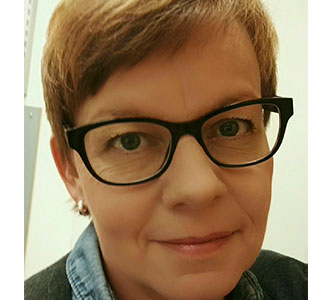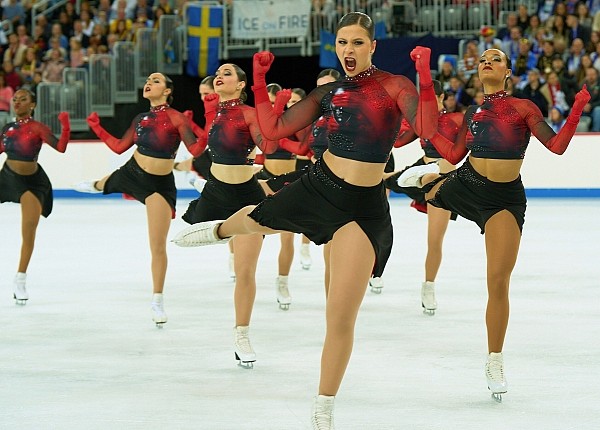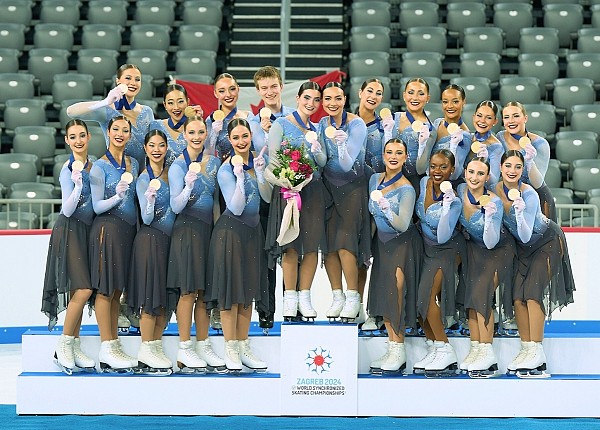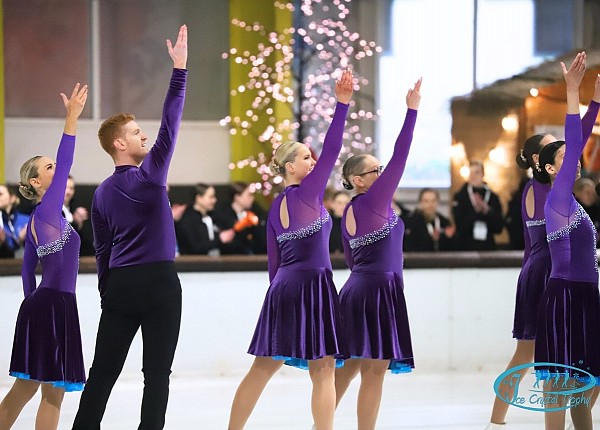Magazine
Mika Saarelainen: "The most fantastic experience comes from an emotional, genuine performance"

The Junior team Celestials from Finland. (Credits: Ville Vairinen - 2021)
He is one of the few judges in the world qualified to judge all figure skating disciplines (Single skating, Pairs, Ice Dance and Synchronized Skating). Mika Saarelainen from Finland has been a judge for 38 years and has progressed as far as possible in this role.
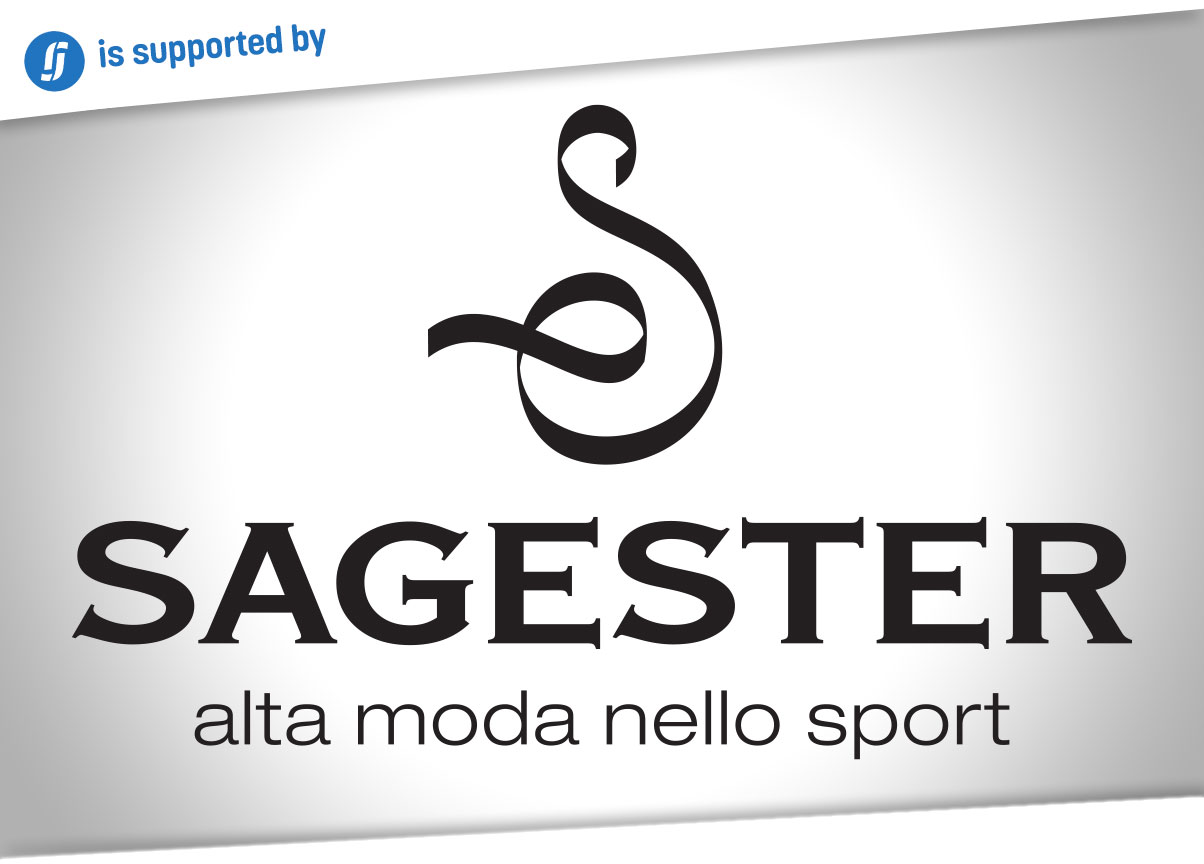
Mika Saarelainen: I started out as a single skater myself and then moved on to Ice Dance for a while. I ended my skating career at the age of 16 and immediately became a judge. I started as a Single skating judge and also trained as an Ice Dance judge. When Synchronized Skating started, it went without saying that I would do it too.
I was also on the ISU technical committee for Synchronized Skating for eight years. That was a really instructive time and I have to admit that for my part, I am partly responsible for the current rules. The crown for my judging career is now this invitation to the Olympics.
A judge's career progresses one step at a time, first in the domestic competitions where you can move up in the judge classes. Then you can train to become an international judge, followed by being an international referee and then being an ISU judge and within that class finally as an ISU referee.
There is training and tests in between every step and every year the work of the judges in the competitions is evaluated. If you want to go to the top level, it will take at least ten years, maybe more, because at each stage you have to judge for several years and judge a certain number of competitions to be able to apply to the next level and get to the next exam. Also, if for example, you have been skating yourself in some of the teams, you need to get enough temporal distance into it to act objectively as a judge.
Basically, anyone - at least in Finland - can attend a judge course, no one is excluded and anyone can become a judge and can take part in the course, even just to learn to understand the rules. In practice, however, your own skating background helps tremendously. I hope to have more judges, especially in Finland, because we have a lot of teams, the competitions are big events and the competition days are long.
Becoming a judge requires a strong commitment, a lot of self-study: you have to know the rules very well and be aware of what you are doing. You have to internalize the whole evaluation thinking and the fact that you always have to think about the best of the team. You must want everyone to succeed and want that the best team wins.

The most challenging thing is the 16 skaters on the ice. You have to get used to seeing all the skaters at the same time. You will learn to do it, but it may be the hardest part.
The rules are also pretty detailed: you have to take really many things into account in order to get a fair assessment. Evaluation, in general, has become more complex; there is little risk of confusion between technical and judicial evaluation. These things should stay really strictly separate: there is a separate difficulty in the execution of the elements and then there is their quality.
Yes, especially because of my interest in Ice Dance, I pay special attention to the steps, the interpretation of the music, and the choreography. These things, as well as my professional background in music, classical ballet, and dance have also taken me to train judges around the world. I have been training international judges for over 15 years.
What are the main things that draw your attention to the performance of the teams?
Authenticity! I consult a lot of teams and every time we try to get even more out of genuine feelings. I’m trying to tell teams that if you don’t feel anything on the ice, we in the audience don’t feel anything either.
Fortunately, much progress has been made here. You no longer see so much exaggerated “Big Mac smiles” for example. The most fantastic experience comes from an emotional, genuine performance. Don't perform just for judges; dare to be yourself.
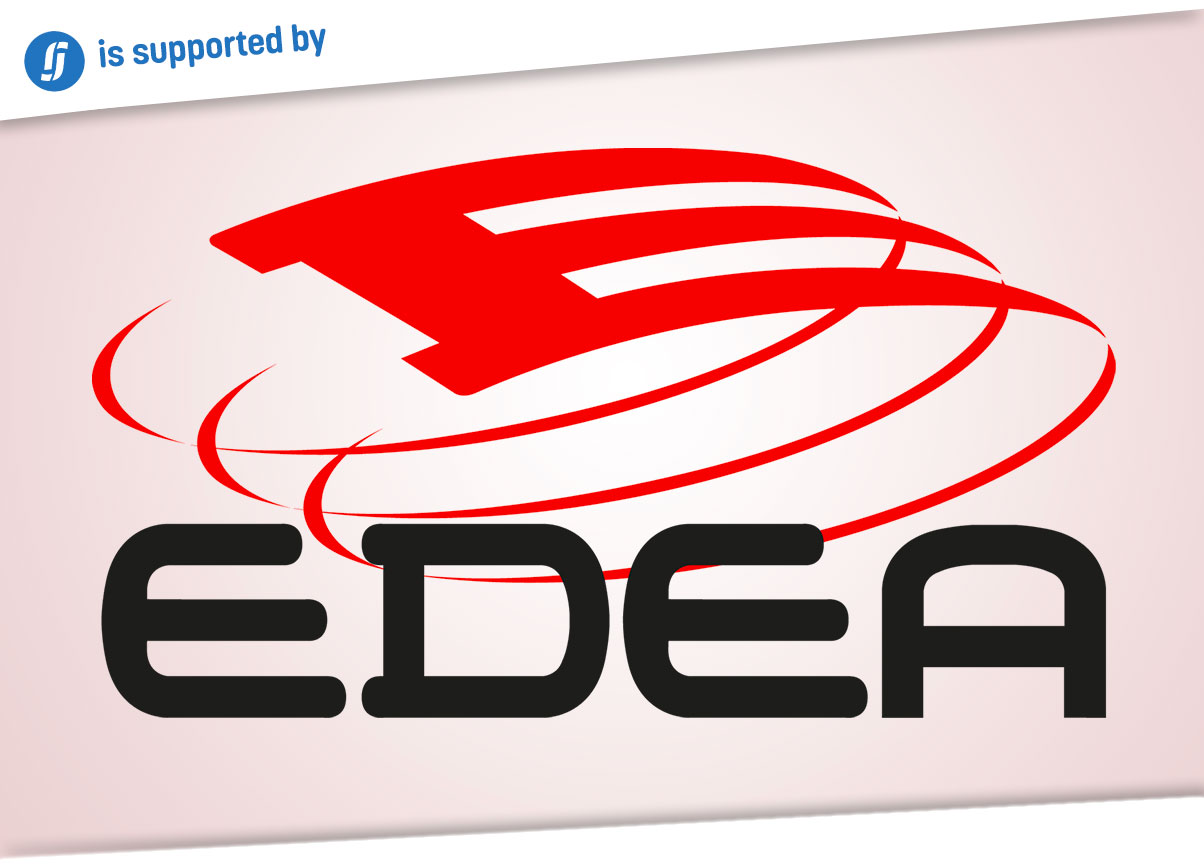
I really hope not to! That is my mission, I want to be approachable and I want to bring the message that the judges are always on the skaters' side; we want everyone to succeed and get the best and fairest score possible. The competition is exciting, but the judges don't have to be excited.
In the 2nd part of the interview, learn more about music, costumes and Elite 12


